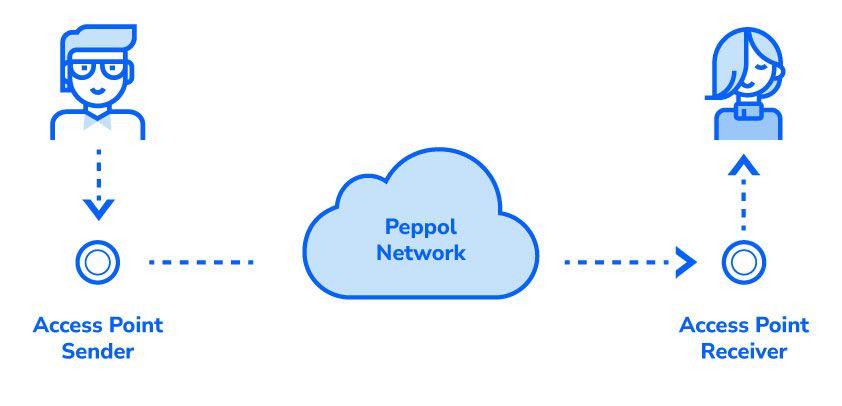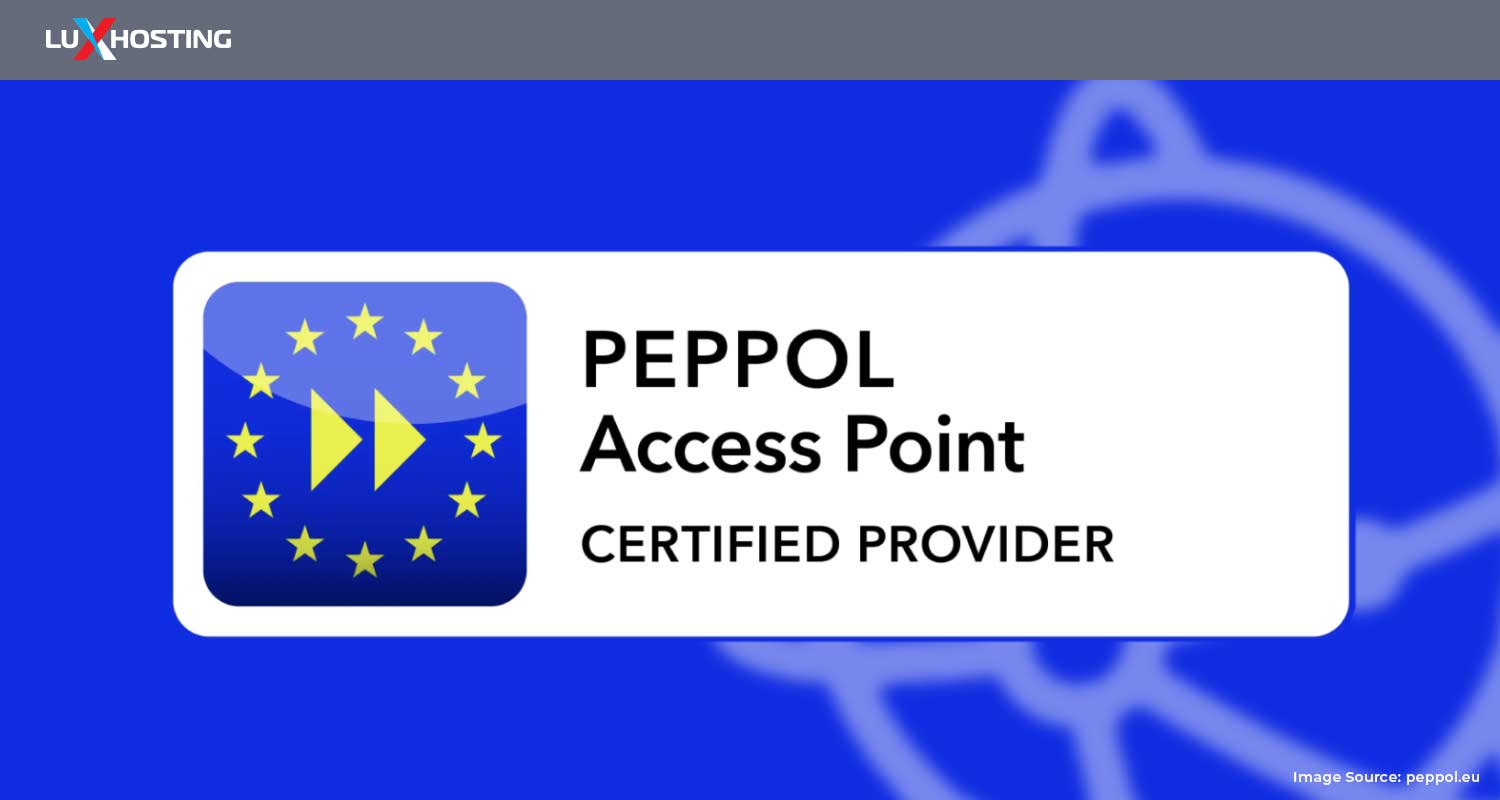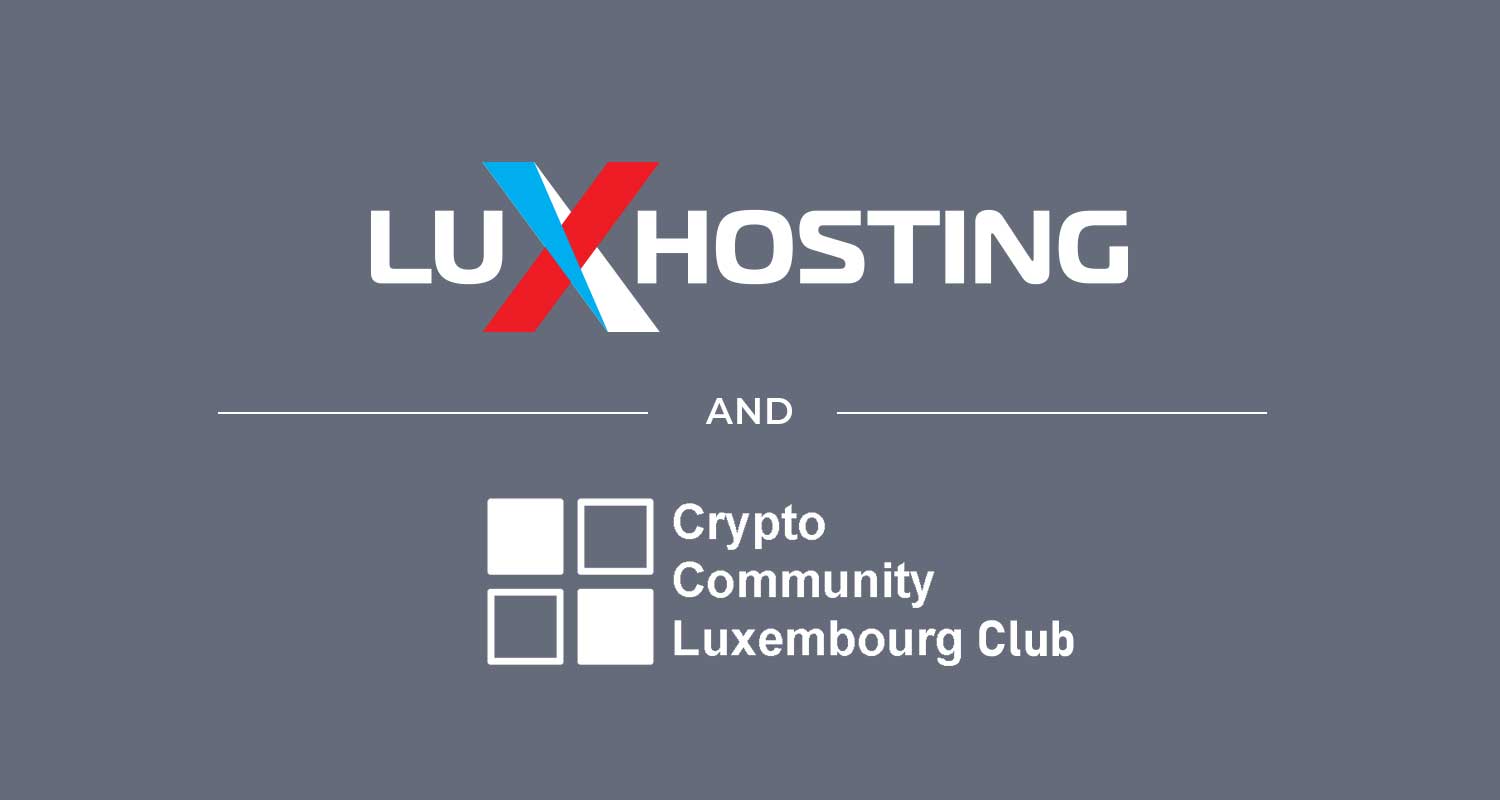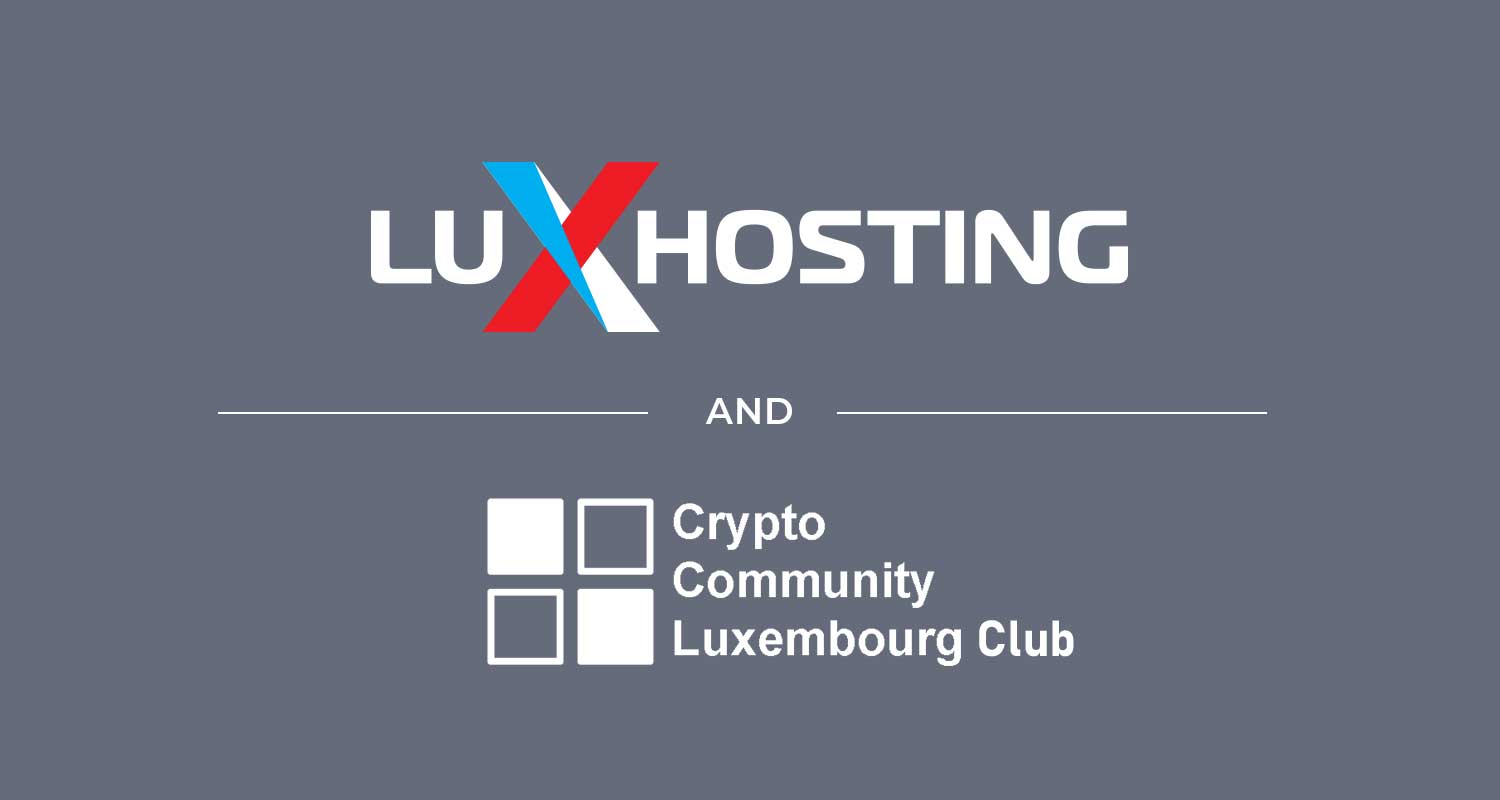Since 18 March 2023, Luxembourg has imposed a new regulation requiring the use of PEPPOL for companies providing services or invoicing public and governmental entities. The implementation of this regulation has forced many companies to comply with these requirements within a limited timeframe. For our part, Luxhosting has already integrated this system and automatically sends electronic invoices to PEPPOL. This way, our customers can be sure that their invoices will be compliant with the regulations in force, thus offering additional peace of mind in terms of tax compliance. Furthermore, by being PEPPOL compliant, the luxembourgish company Luxhosting is positioning itself as a leading hosting service provider for companies looking for e-invoicing solutions that are compatible with current Luxembourg regulations.
Peppol: what is it?
Last year, the Chamber of Deputies of the Grand Duchy of Luxembourg voted in favor of a new law for companies. From now on, every company is obliged to respect a process based on the compulsory electronic sending of invoices, especially to public administrations.Peppol is part of a highly secured international network, allowing the transmission and reception of electronic documents with all members of the Peppol network. It is used for example for sending procurement documents or electronic invoices. Peppol was founded as part of a European Union competitiveness and innovation project from May 2008 to August 2012. During this period, eleven countries participated in its deployment: Austria, Denmark, Finland, France, Germany, Greece, Italy, Norway, Portugal, Sweden and the UK. This project has been financed with the support of the European Union, up to 15 million euros.
Objectives of Peppol
The objective of the project was to address interoperability issues in e-procurement by aligning business processes using common standards, addressing common legal issues and developing open source technologies. Agreement on common standards for document content and technical aspects was achieved by consensus among consortium members. As a result of this implementation, the OpenPEPPOL Association was created on September 1, 2012 to frame the further execution of the project.
OpenPEPPOL
OpenPEPPOL is an international non-profit association based in Belgium, leading the specificities related to the integration of the Peppol network, which as of March 1st 2022 counts more than 485.000 participants from 78 different countries. Composed of members from the public and private sector, OpenPEPPOL plays a facilitating role as its primary objective is to enable member companies to exchange electronically with European public sector buyers in their procurement procedures, thus increasing the possibilities for greater competition in public procurement and ensuring better use of taxpayers' money.
Functioning of the association
This association is a reference point for Peppol-compliant interoperable infrastructure networks. It also serves as a forum for the organizations that use them. OpenPEPPOL aims to provide its members with widely accepted technology specifications and standards, and to promote and support the wider use of Peppol building blocks, specifications and services. The objectives it covers include: - Support European governmental actors to persevere in the implementation of e-procurement based specifically on the notes provided by Peppol; - Promote the expansion of innovative ICT developed by Peppol by encouraging their use, especially in a B2B context, which will facilitate the adoption of e-procurement for SMEs; - To supervise the extension of the Peppol network, ensuring that it remains accessible to all while being in conformity with the laws in force; - To make the European Union evolve by supporting actions towards this project aiming to constitute an interoperability between the various public services of the market. The association encourages business-to-business access to the Peppol compliant infrastructure as well as the use of Peppol components in areas other than procurement. Peppol is implemented in many European countries and is gaining interest outside the EU.
From a legal point of view
Current regulations
Since April 18, 2020, each European institution has seen its internal billing system changed, since the European standard Peppol has been adopted. It states, among other things, that it is now necessary for all public sector administrations to subscribe to this rule for invoicing. Behind this lies a considerable advantage: to be able to sell and buy throughout Europe thanks to the implementation of this common regulation to all its members. Thus, the national standards currently in place are gradually being removed and replaced by Peppol, in more and more countries. It is therefore advisable for all companies to quickly familiarize themselves with this system, which tends to affect a majority or even all companies. Since the European Union has specified the information that must be included in an invoice, you will be able to find them on the electronic invoices issued by all public authorities, which are already compliant with this system. Beyond the sending of invoices, Peppol also allows you to place electronic orders, to receive and to issue basket validations, catalogs of goods and services, but also all the logistic documents related to the shipping of goods. In other words, Peppol is becoming THE standard of the moment to get along with.
Towards globalization?
Considered and exposed as a European standard**, Peppol has a majority of its members within the continent.** However, collaborators from other international countries have already chosen to implement this regulation, such as Canada, the United States or New Zealand. So is Peppol the next global standard? In any case, even if nothing has been decided yet, everything is pushing us in this direction. Peppol is a very favorable service to carry out transactions all over the world and would be a real lever for the evolution of billing services. Indeed, some countries are so much in demand of such a system, that they have configured their own, in a national way only, such as Sweden with Svefaktura or Denmark for example with its system called NemHandel.
Peppol Access Point
Committing to the Peppol standard is a good thing, but it is necessary to ensure that the requirements for issuing an electronic invoice are met so that it can be transmitted to the intended recipient. To do this, each company needs to have a connection to the general network called Peppol access point. Purchased from a service provider, the access point will be used to exchange confidential documents with other companies also connected to the same access point. This sounds complex, but in reality it is as simple as sending an SMS. Indeed, when you want to send a message to a person, you only need his or her phone number which belongs to a certain telecommunication provider. The one you have and the one of your visitor establish a connection with each other to send / receive this message. Well, it is the same with the Peppol access point. So, when you want to send an electronic document to another company, the access point will take care of transferring it to the recipient's one, so that the latter can access the attachment, as simple as an SMS! There are more than 300 certified access points in the world, so you can choose the one you like best, just like a telephone operator for example. Below is a representative diagram of this mode of operation with the access points of the different parties: In order to maintain these access points in working order, official Peppol authorities have been created. There are currently 17 of them in the world. They are in charge of checking that the required standards are respected, but they also manage a more administrative part. Indeed, each authority is entitled to set national requirements for the content and the realization of Peppol documents. Each of them is supervised by the OpenPEPPOL organization.
In order to maintain these access points in working order, official Peppol authorities have been created. There are currently 17 of them in the world. They are in charge of checking that the required standards are respected, but they also manage a more administrative part. Indeed, each authority is entitled to set national requirements for the content and the realization of Peppol documents. Each of them is supervised by the OpenPEPPOL organization.



